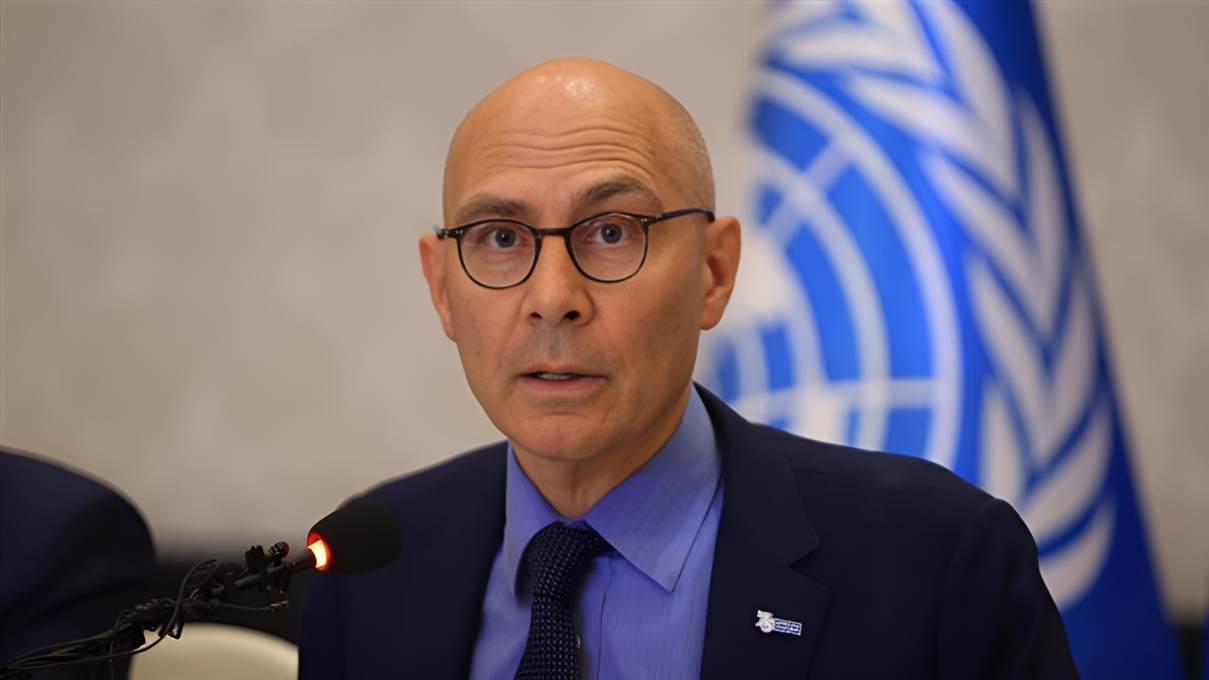In a troubling update on the ongoing conflict in Sudan, the United Nations has confirmed that more than 480 civilians have been killed in North Darfur since April 10, raising alarm over the rapid deterioration of safety and human rights in the region.
The UN human rights office on Friday described the scale of death and suffering as "horrifying" and warned that the real number of fatalities may be even higher than currently reported.
North Darfur has become one of the most intense fronts in the civil war that erupted last year between Sudan’s regular army, led by General Abdel Fattah al-Burhan, and the Rapid Support Forces (RSF), commanded by his former deputy, Mohamed Hamdan Dagalo.
The conflict, which began in April 2023, has devastated communities, especially in areas where displaced people had previously sought refuge.
According to the UN, at least 210 civilians, including nine healthcare workers, were killed in the Zamzam displacement camp over just three days, from April 11 to 13.
Additionally, 129 more deaths were recorded between Sunday and Thursday this week in El Fasher city, the Um Kedada district, and the Abu Shouk displacement camp.
Beyond the killings, the UN reports that many people have also died from severe shortages of food, clean water, and medical aid, either while in RSF-run detention facilities or during long journeys on foot while attempting to escape the violence.
"Dozens of people were reported to have died due to lack of food, water, and medical care" in such conditions, the agency said.
The war, now in its second year, has caused tens of thousands of deaths and forced millions to flee their homes, creating what international aid organizations have called the largest displacement and hunger crisis in the world today.
In North Darfur, hundreds of thousands of civilians have been newly displaced, many of whom had already been uprooted by earlier waves of conflict.
Access to humanitarian aid remains extremely limited.
"The displaced face dire conditions amid continued restrictions on access to lifesaving humanitarian assistance," the UN rights office noted, stressing that the capacity to respond to the crisis is being stretched to the breaking point.
There are also growing fears of ethnic violence resurfacing in Darfur, where a previous war in 2003 left tens of thousands dead amid targeted attacks on ethnic communities.
The rights office warned of “ethnically motivated attacks targeting specific communities” now re-emerging in the current conflict.
UN High Commissioner for Human Rights Volker Turk condemned the attacks and the suffering inflicted on civilians, particularly women and children.
"The rising number of civilian casualties and the widespread reports of sexual violence are horrifying," he said.
His office has received disturbing reports of kidnappings and sexual assaults.
"We have heard accounts of people being abducted from Zamzam IDP camp and of women, girls and boys being raped or gang raped there or as they tried to escape the attacks," Turk said.
He also expressed deep concern over the continued assaults on health workers and humanitarian staff.
"The systems to assist victims in many areas are on the verge of collapse, medical workers are themselves under threat, and even water sources have been deliberately attacked," he said.
As the violence continues with no resolution in sight, the UN is calling for urgent protection of civilians and an end to the suffering.
"The suffering of the Sudanese people is hard to imagine, harder to comprehend, and simply impossible to accept," Turk concluded.

